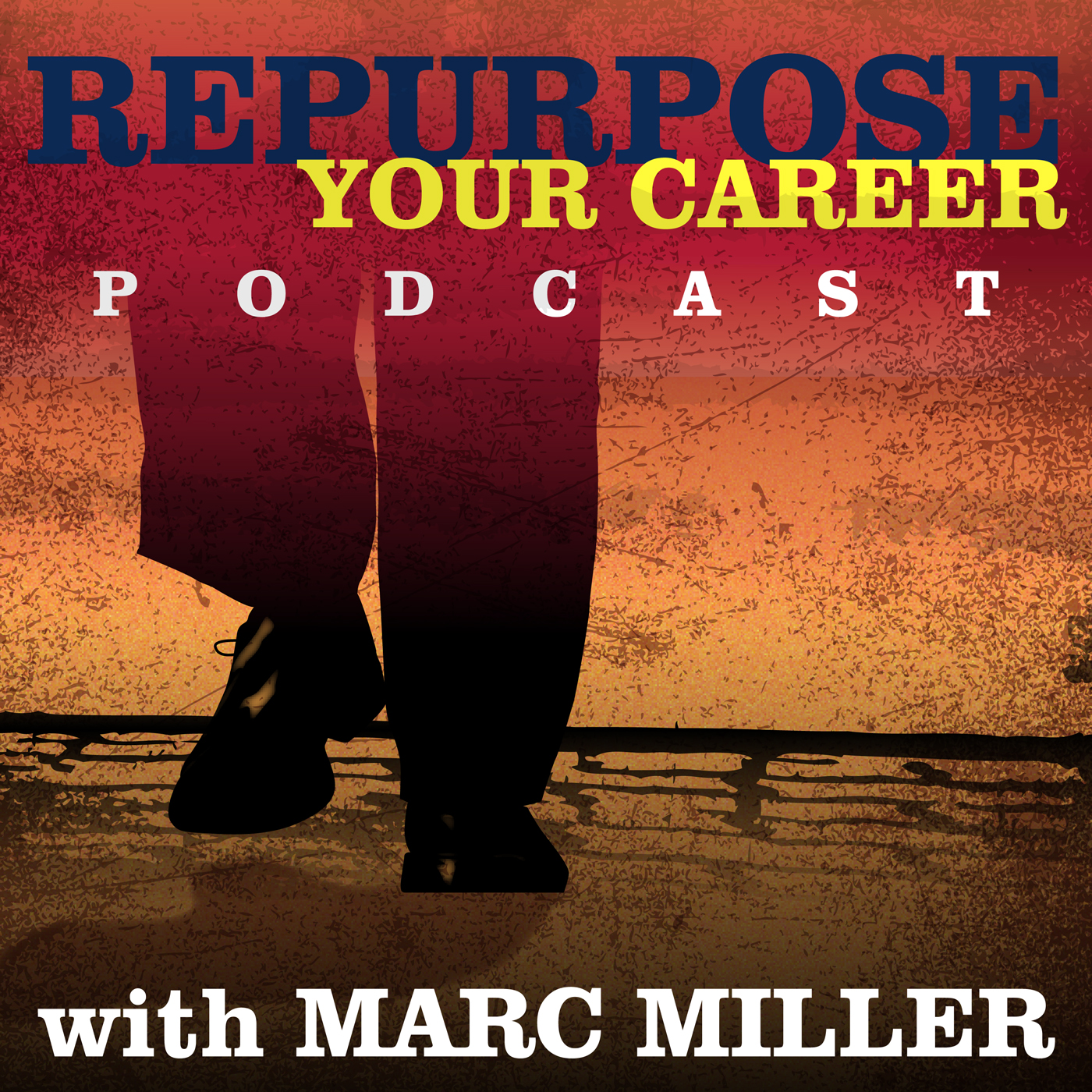Learning to Say “No”

My client, Karen, came to me a few weeks ago and told me she wanted to say “no” to a superior but was afraid of the consequences of that action.
She was being asked to travel with a superior to a working meeting with a business partner. The trip was to fly up in the morning and return in the evening. Her superior wanted her there to support her in areas in which she did not feel comfortable or competent.
My client was exhausted and did not want to accompany her superior.
I want to take you through the process I took her through so that she would be comfortable in saying “no” and not feel guilty about it later.
Real Consequences When You Say “No”
My first question was:
What is the worst thing that could happen if you said “no?”
Karen responded:
I will be perceived as not being a team player but …. if I go I will be even more exhausted and probably will say something inappropriate in front of the partner.
My next question was:
What is worse? Being perceived as a non-team player or working yourself to exhaustion and behaving like a bit of jerk in front of the partner?
Listen to the most recent episode


Marc Miller
Discover the Perfect Destination for Your Retirement or Remote Work Abroad #337
Karen responded:
I worked myself to exhaustion earlier this year and ended up in the hospital. I do not want to do that again.
My next question was:
Are you going to say “no?”
Her response was:
I guess I have to say “no.”
Working on How and When to Say “No”
My favorite book on this topic is Essentialism: The Disciplined Pursuit of Less by
We then went to work on how and when to say “no.”
Both the “how” and the “when” is critical in this circumstance.
For More: Essentialism – Say “No Thank You” in Life – Guest Post
When She Said “No” Without Saying “No”
The trip was to take place on a Friday. Karen had to get up early to kick off a class via WebEx in Asia at 3 AM. As soon as the session was over, around 4:30 AM, Karen sent a note to her superior.
Dear ….,
I just completed the kickoff for the workshop in Asia. I am in complete sleep deficit mode. I do not think I can recover by Friday to accompany you to the meeting with our partner.
Karen
There are 3 things I want you to notice about this note:
- The note was sent at 4:30 AM. She would not be accused of not being a team player because of the timing of the note.
- Sleep deficit was used in the note. This is a medical term that has legal ramifications. If Karen had gotten in an accident driving to the airport on Friday her employer could have been legally responsible.
- Karen did not say “no.” She did express concern about being in sleep deficit mode but she did not directly say “no.”
The Response
Her superior responded later that morning:
Dear Karen,
I completely understand. Would you be willing to attend the meeting via WebEx?
The trip would have required that Karen gets up at 3 AM to catch a 7 AM flight. The meeting was at 10 AM and would have run until the middle of Friday afternoon. The return trip would have gotten her home around 9 PM.
Karen responded:
I would happily get on WebEx for the meeting for a couple of hours. Just let me know when you want me online.
The Outcome
Karen spent about 3 hours on WebEx to attend the meeting. She got up, had her breakfast and cup of coffee like any other morning.
She got up, had her breakfast and cup of coffee like any other morning. When the meeting was over, she headed down to her neighborhood pool to get a half-mile swim in that rejuvenates her. Her superior was thrilled with the support Karen gave her.
All of this was possible because:
- Karen said “no” to the trip without saying “no”
- She timed her response
- Karen used the words sleep deficit in her answer
Karen felt good about how she handled the situation. Was rested and more importantly, she did not feel one bit of guilt in saying “no.”
Marc MillerLike What Your Read? Get Career Pivot Insights
Do You Need Help With ...

Check out our Help Center where you have access to 14 different content portals.

